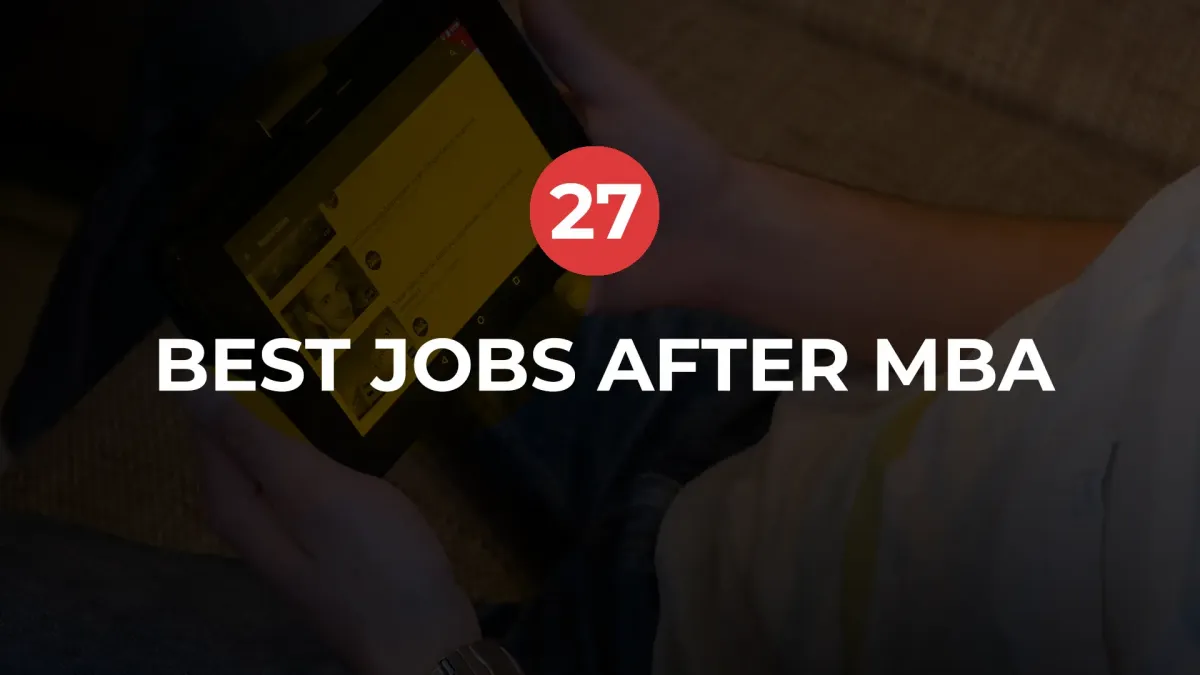
That’s it!! You finally have your degree and diploma certifications in hand. After spending a few days enjoying your achievements you have to face reality and enter the real world. If you are lucky enough you must have already found a job or an internship. Now you may be wondering what should I do next? Get a gym membership or learn how to play the guitar.

Well below are the ten things you should do immediately after you get your first job!
1. Repay your Students Loan
First things first, if you have students loan don’t wait for your lender to start sending you notices and notice that you have graduated. Your loan may have a “grace period” but the thing with it is that interest continued to accumulate, so if you can make payments immediately you should start doing so. This also affects your credit score if you have taken a loan from a private firm.
2. Analyze your cash flows
If you are making Rs 600,000 a year that does not mean you are depositing Rs 50,000 a month in your bank account. A portion of the income is cut in taxes, retirement benefits and insurance payments. Well here we are talking about the total money coming in but what about the total money going out?
Here we are talking about your total spending, if you are bringing in as much as you are saving then you are doing fine. One should avoid taking on debt at this stage of a career. Also, it is advisable to save at least 30% of your total earnings. Tracking expenses are not tough in this age of smartphones and we have a host of applications to manage expenses efficiently.

3. Have a budget in place
Budget is nothing but having a plan for your cash flows and how will you spend your money. There is nothing worse than realizing that you have spent 20%-30% of your salary on buying sneakers, jackets and phone cases. To create a budget start with listing down your recurring expenses that are everything from rent, food, transport, electricity and telephone bills and student loan if any. You should also add in a factor for once a year fees. From here you can compare what you will earn and what will be left. If you are no happy with the number you can go back and cut out the discretionary expenses to get to the pace you want to be. It could be downgrading your mobile plan or canceling one of the streaming services.
Once you have a sense of your cash flows creating a budget is simple. The difficult part is to follow/implement the budget.

4. Start Investing
You must be thinking that you have just started your first job and we are talking about retirement already. Ironically yes! Your professionals are best positioned to save more create a good corpus for the retirement fund. A portion of your salary is also deducted and credited into the retirement account. Investing at an early age also helps in achieving the near term goals faster. It is also important to also have an emergency fund.

Also just keeping the additional funds in bank accounts may only earn about 4 percent per annum which is also taxed. This amount is less than the rate of inflation and in fact, you are losing money. The wise way is to start investing and take informed decisions.
5. Create your LinkedIn profile
If you still haven’t created a profile this is the right time to do so. Even if your profile just has the name of schools, colleges you have been to or a list of activities you have participated in. Your LinkedIn profile should show your interests and the skill set. You should also mention the list of internships or part-time jobs where you have worked. As you move ahead and get onto relevant jobs the old jobs can be deleted.
One more important point of having a profile is that you start building your connections at a very early stage in your career. Most of the folks you know personally may have multiple contacts that can be useful to you. Connect with as many people as you can!

6. Build your network
No, Facebook isn’t the correct platform to meet and connect with like-minded professional peers. And please keep in mind to clean your Facebook before you plan on adding your managers, peers or VP’s in your friend list. Like we discussed above you should focus on building your network through LinkedIn or Twitter. Both of these platforms can be invaluable resources to build meaningful relationships as you move up the ladder.

Also, these platforms can be helpful when you plan to switch your job, you can display your proficiencies to the prospective employees. As you boost your skills or change your job keep updating your profile and increase your social reach.
7. Promotion
After you spend a few months in the organization you may have started dreaming of promotion already. Well, start learning quickly about the organization, the work culture and stay up to date on everything. Earn your promotions, be seen and also identify who can give it to you.
Conclusion:
These are a few of the things that you should start focusing on after getting your first job. This may not be a conclusive list but are a few vital points you should get started with. As you move ahead you will learn leadership skills, time management techniques and negotiating skills that will help you lead your way to the top.







Leave A Comment